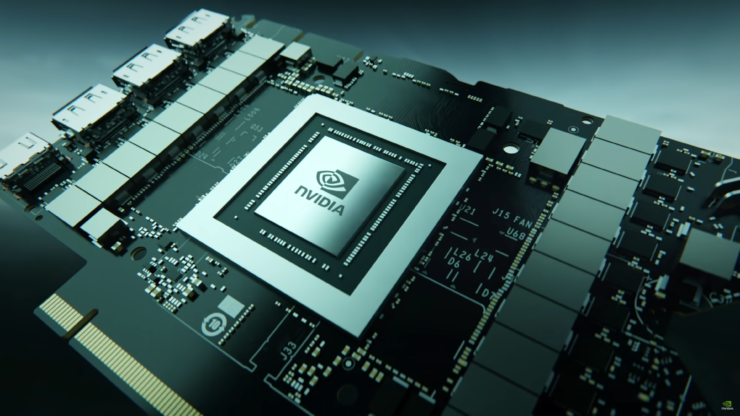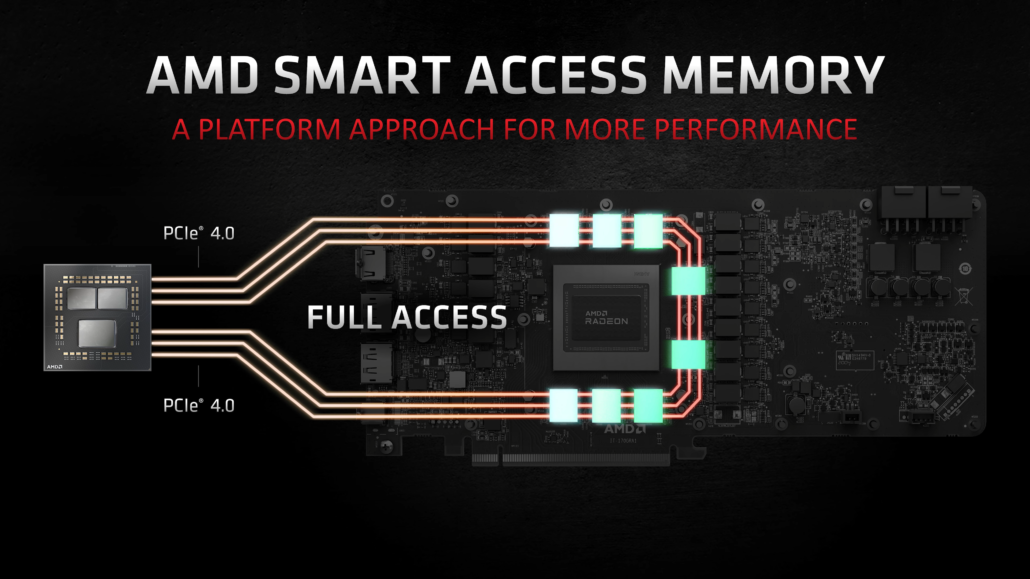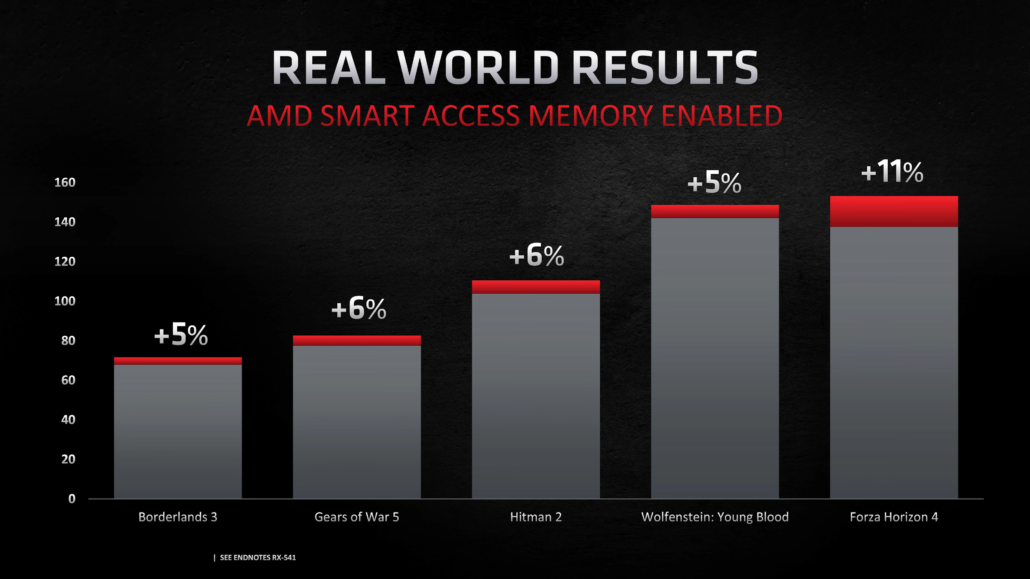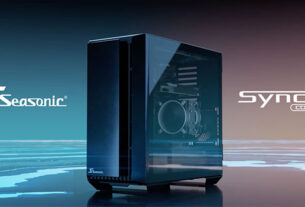
It looks like NVIDIA has just confirmed to GamersNexus that they are working on their own SAM (Smart Access Memory) technology which will be enabled on all GeForce RTX 30 Ampere GPUs in future software updates.
NVIDIA’s SAM (AMD Smart Access Memory) Competitor Confirmed For All GeForce RTX 30 Ampere GPUs, Will Be Available Through Future Software Updates on Both Intel & AMD PCs
According to the tweet which quotes NVIDIA’s official response to AMD’s SAM (Smart Access Memory) technology, the green team confirmed that resizable BAR is a part of the PCI express specifications and that NVIDIA’s existing hardware fully supports this functionality. NVIDIA didn’t see the need to enable this technology feature until now as its competitor (AMD) is already adding support on its next-gen Radeon RX 6000 series graphics cards based on the RDNA 2 architecture.
NVIDIA has stated that they will be adding support for the feature through future software updates but and it will be compatible with both Intel and AMD CPU based systems. Having support on both AMD and Intel platforms might give NVIDIA an edge since AMD’s solution only works with its Ryzen 5000 lineup and compatible X570 motherboards.
Based on what has been reported, the technology will not be ready by the launch of the Radeon RX 6000 series but since it does offer some performance gains on AMD’s front, we can expect gains for NVIDIA’s Ampere GPU architecture in a similar ballpark.

The technology will not require you to invest in a PCIe Gen 4 platform as it will be supported by PCIe Gen 3 too. Based on what we know so far, BAR essentially defines how much discrete GPU memory space can be mapped and today’s PCs are typically limited to 256 MB of mapped memory. AMD claims that with SAM, they can access all of the GPU memory, removing any bottlenecks to allow for faster performance.

AMD themselves have shown gains of up to 11% which can put the competitive advantage to their side in AAA gaming titles over NVIDIA’s GeForce RTX 30 series. We have yet to see actual results of SAM but with reviews planned for next week, we will definitely get to see how far performance can be improved with SAM on AMD’s side and what we can expect of a similar technology in NVIDIA’s hands.



